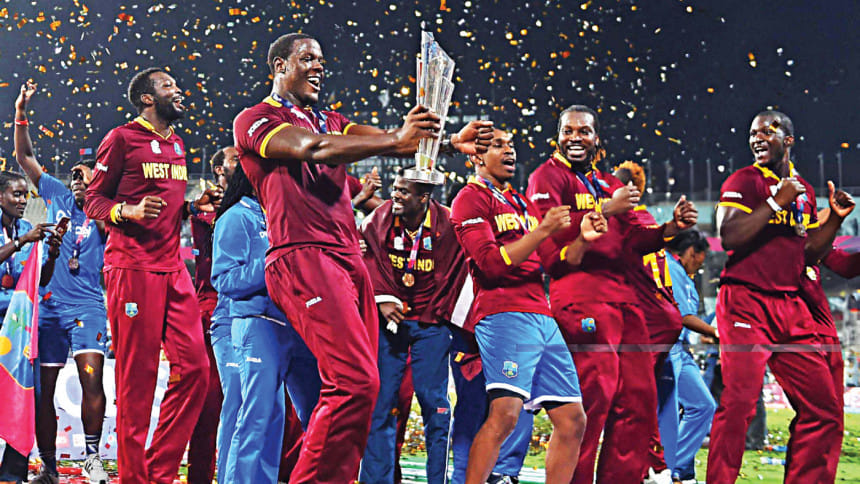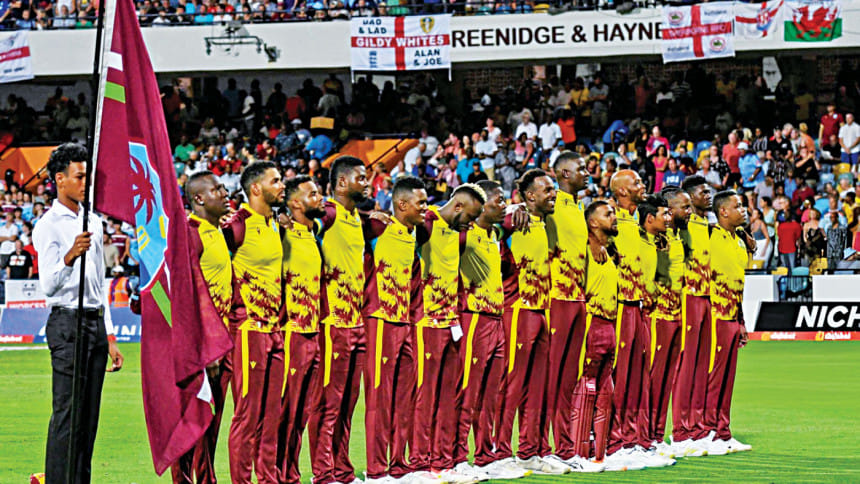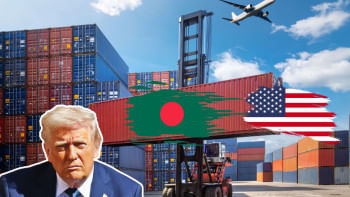Reviving the Calypso beat

If history has imparted any wisdom, it's to never count out the West Indies cricket team, even after a year as calamitous as 2023. Failing to advance to the main round of the ODI World Cup in India was a colossal debacle, even for a team that have long concentrated their efforts on Twenty20 cricket.
Their recent record in T20 World Cups, the two preceding ones to be precise, is similarly disheartening for a side with two titles under their belt. Yet, those victories in 2012 and 2016 showcased the West Indies' ability to dig deep and emerge as champions.
Such is the tale of West Indies cricket, a narrative marked by undeniable talent and unyielding team spirit, unperturbed by adversity, and a legacy unparalleled.

The Windies, a collective of players from Caribbean nations, once epitomised cricketing excellence. From the late 1970s to the early 1990s, they dominated the international scene, clinching the first two ODI World Cups.
But as they say, not all good things last forever. The 1990s marked the beginning of a gradual decline, turning the once joyous Caribbean cricket song into a melancholy tune. The retirement of legends left a void hard to fill. Although talents like Brian Lara emerged, the team struggled with consistency and leadership.
Despite the ensuing period of struggle, marred by internal strife, discord, and a cricket board in disarray, the men in maroon managed to win the Champions Trophy in 2004. This was a critical juncture for both West Indies and the cricketing world.
The advent of T20 cricket brought a new dimension to the game, giving the West Indies a new lease on life. The shorter format suited their natural swagger. However, relations between the players and the board remained strained, plagued by disputes over contracts and sponsorships.
This resurgence in T20 cricket highlighted the raw talent and potential that still existed in the Caribbean, yet many wondered if they could ever find their way out of the wilderness and into the light. Over time, their star cricketers became more individualistic, plying their trade around the world, unfazed of being axed from the central contracts.
Even the ICC had to intervene in 2012 to resolve the longstanding issues between the players and the board, and the Calypso beat, coincidentally or not, was no longer subdued, at least for a few years.
It defied consensus how their class of 2012 and 2016 achieved what they did. Also, how last year, amid the hangover of the ODI World Cup catastrophe, someone like Shamar Joseph emerged to down mighty Australia at their fortress in Gabba this year, leading to an unprecedented Test victory.
Through cricket, the people of the West Indies had long made sense of their heritage, fighting off racial discrimination and gradually establishing their rightful level playing field. Perhaps the spectrum of human endeavour can be seen in the cyclical rise and fall of West Indies cricket.
As the ninth instalment of the T20 World Cup arrives, the proud West Indians know better than anyone that "it is darkest before dawn". After all, the 20-over game is where their flair has, more often than not, found a stage in recent memory.

 For all latest news, follow The Daily Star's Google News channel.
For all latest news, follow The Daily Star's Google News channel. 



Comments